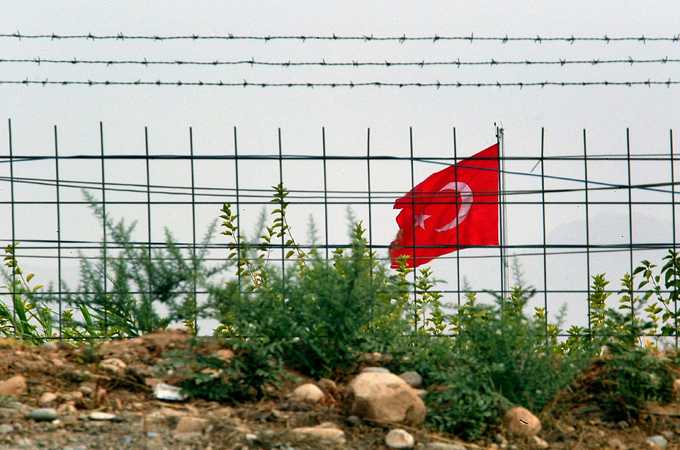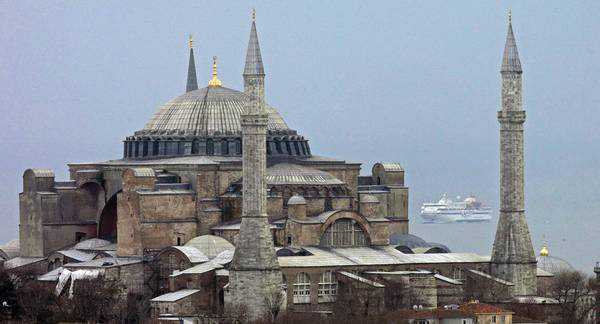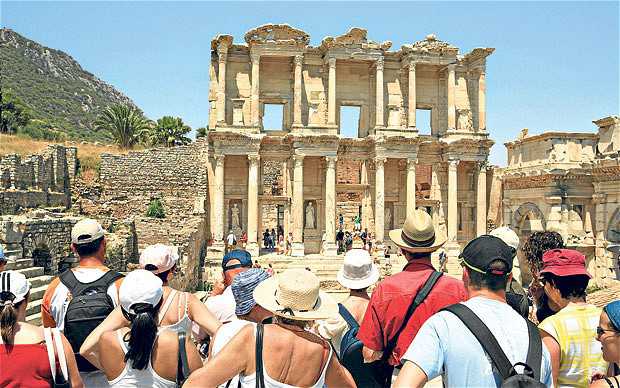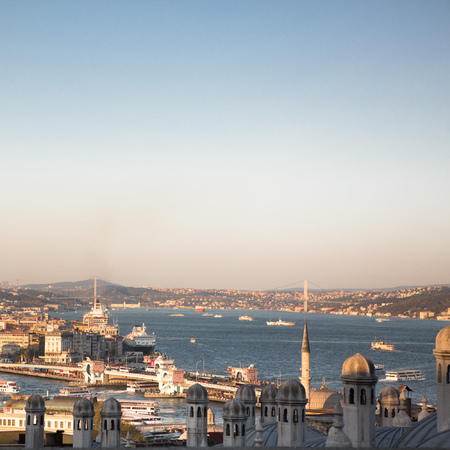The USG Open Source Center translates an article from the Russian press proposing a strategic alliance between Russia and Iran.
Pundit on Possible Russia-Iran Alliance To Counter ‘Unfriendly’ US Moves
Article by Radzhab Safarov, General Director of the Russian Center for Iranian Studies: “Iranian Trump Card. Russia Can Take Control of Persian Gulf”
Vremya Novostey
Friday, August 29, 2008
Document Type: OSC Translated Text
The recognition of South Ossetia’s and Abkhazia’s independence by Russia is a timely step to protect these republics from new Georgian aggression. However, taking into account the United States’ plans to expedite Georgia’s and Ukraine’s accession to the NATO military-political bloc, the situation near the Russian border remains alarming. At the same time Moscow has a lot of possibilities to take balanced counter measures to the United States’ and entire NATO’s unfriendly plans. In particular, Russia can rely on those countries that effectively oppose the United States’ and their satellites’ expansion. Only collective efforts can help to create a situation which would, if not eliminate then at least reduce the risk of the Cold War’s transformation into local and global conflicts.
For instance, Moscow could strengthen its military-technical ties with Syria and launch negotiations on the reestablishment of its military presence in Cuba. However, the most serious step which the United States and especially Israel fear (incidentally, Israel supplied arms to Georgia) is hypothetical revision of Russia’s foreign policy with regard to Iran. A strategic alliance presuming the signing of a new large-scale military political treaty with Iran could change the entire geopolitical picture of the contemporary world.
New allied relations may result in the deployment of at least two military bases in strategic regions of Iran. One military base could be deployed in the north of the country in the Iranian province of Eastern Azerbaijan and the other one in the south, on the Island of Qeshm in the Persian Gulf. Due to the base in Iran’s Eastern Azerbaijan Russia would be able to monitor military activities in the Republic of Azerbaijan, Georgia and Turkey and share this information with Iran.
The deployment of a military base on the Island of Qeshm would allow Russia to monitor the United States’ and NATO’s activities in the Persian Gulf zone, Iraq and other Arab states. With the help of special equipment Russia could effectively monitor whois sailing toward this sea bottleneck, from where, and with what cargo on board to enter the World Ocean or to return.
For the first time ever Russia will have a possibility to stop suspicious vessels and ships and inspect their cargo, which the Americans have been cynically doing in that zone for many decades. In exchange for the deployment of its military bases Russia could help the Iranians to deploy modern air defense and missile defense systems along the perimeter of its borders. Tehran, for instance, needs Russia’s modern S-400 SAMs.
The Iranian leadership paid close attention to reports stating that the Georgian Government’s secret resolution gave the United States and Israel a carte blanche to use Georgian territory and local military bases for delivering missile and bomb strikes against Iranian facilities in the event of need. Another neighbor, Turkey, is not only a NATO member, but also a powerful regional opponent and economic rival of Iran. In addition to this, the Republic of Azerbaijan has become the West’s key partner on the issue of transportation of Caspian energy resources to world markets. The Iranians are also concerned at Baku’s plans to give Western (above all American) capital access to the so-called Azerbaijani sector of the Caspian Sea, which is fraught with new conflicts, because the legal status of the Caspian Sea has not been defined to date.
Russia and Iran can also accelerate the process of setting up a cartel of leading gas producers, which journalists have already dubbed the “gas OPEC.” Russia and Iran occupy first and second place in the world respectively in terms of natural gas reserves. They jointly possess more than 60 percent of the world’s gas deposits. Therefore, even small coordination in the elaboration of a single pricing policy may force one-half of the world, at least virtually entire Europe, to moderate its ambitions and treat gas exporters in a friendlier manner.
While moving toward allied relations, Russia can develop cooperation with Iran in virtually all areas, including nuclear power engineering. Russia can earn tens of billions of dollars on the construction of nuclear power plants in Iran alone. Tehran can receive not only economic, but also political support from Russia in the development of its own atomic energy sector.
In addition to this,in view of the imminent breakup of the CIS from which Georgia already pulled out, Russia could accelerate the process of accepting Iran as an equal member of the Shanghai Cooperation Organization (SCO). By accepting Iran, one of the key countries of the Islamic world, the organization could change fundamentally both in terms of its potential and in terms of its regional role. Meanwhile, as an SCO member Iran will find itself under the collective umbrella of this organization, including under the protection of such nuclear states as Russia and China. This will lay foundations for a powerful Russia-Iran-China axis,which the United States and its allies fear so much.
(Description of Source: Moscow Vremya Novostey in Russian — Liberal, small-circulation paper that sometimes criticizes the government)







15 Comments: